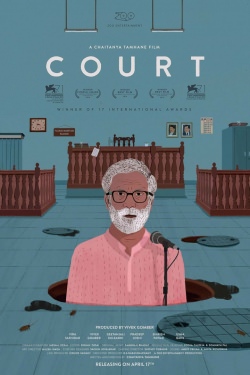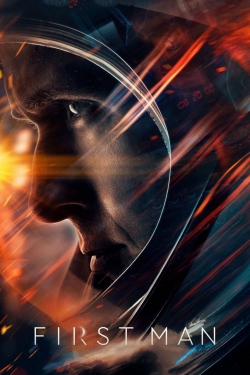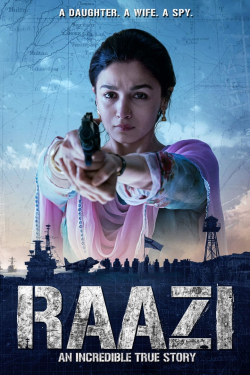Top Rated Films
Rahul Desai's Film Reviews
-
This is just shabby filmmaking all around. It goes to show that today’s producers don’t care for the craft either, as long as there’s a “message,” a digital revolution (you know how most new-age filmmakers depict the power of the internet – a video goes viral, and the nation and news channels react in phases?) and a rousing monologue. So what if a few thousand screens squeeze the region’s power stations dry to broadcast this three-hour-long exercise of crippling nobility? It’s the thought that counts.
-
Nila Madhab Panda’s film, a children’s version of Toilet: Ek Prem Katha, might have worked as a concise short film, but at some point in a two-hour-long story, the tone gets self-righteous and repetitive, and the politics whitewashed
-
What do you say about a film that contains the most exasperating thirty minutes as well as the most enthralling thirty minutes of the year?
-
Nobody seems to have told the makers that the script is daft enough to ensure that Race 3 wasn’t the worst film of Anil Kapoor’s year
-
If only this series had revolved around some deliciously convoluted method to eliminate real gangsters – imagine Saheb and Biwi’s mind games as a warped brand of social vigilantism. If a criminal can’t be rehabilitated, simply throw him into their clutches. But alas, this country will run out of figurative gangsters before an Indian couple acknowledges divorce as a solution.
-
Soorma doesn’t rouse as much as it should. It doesn’t stop to feel its own heart beat. It tick-marks all the boxes and explores none. The goalposts are broadened – it drags home the same age-old clichés, and flicks our sensibilities by the wayside.
-
Other than the way things are shown in director Stefano Sollima’s sequel to Denis Villeneuve’s 2015 film, there’s nothing new about what it shows…
-
From the trailer itself, it was clear that Remo D’Souza’s Race 3 would be a shameful exercise in Botox-injected vanity because its hero is also the co-producer. But there’s a strange kind of smug awfulness attached to this sequel. Even though the first two installments were ridiculous, there was something infectiously silly about them – because we knew they were conceived by two small little Indian uncles dressed in pristine colour-coded whiteness in an effort to come up with bombastic ideas to out-spy James Bond. The self-seriousness, naivety and datedness were almost cute – like watching our analogue dads trying to figure out the latest smartphone.
-
Motwane, too, much like his mentor Anurag Kashyap, proves that he is prone to indulgence – not the good kind – at the worst of times. It’s difficult, no doubt, to be such a solid craftsman that the landscape demands from you the willingness to experiment with different genres. It’s a pressure not unfamiliar to those like Kashyap – who have so many skills at their disposal that anything is possible. But that is a happy problem to have, like the batsman with plenty of time and options to execute a shot. It shouldn’t be a dull, derivative and depressing problem, like the superhero that relies on cameras and clicks to outline his legend.
-
I suspect that this is the kind of average fare that relies on who its viewers are. Many parents might choose to overlook the flimsiness and view this as a winning unbeaten century in a chase. I’m not so sure others may look at it the same way. After all, if an opening batsman scores 102 Not Out in the first innings of an ODI match, it’s more likely that the knock is slow, selfish, self-defeating and bereft of awareness.

























